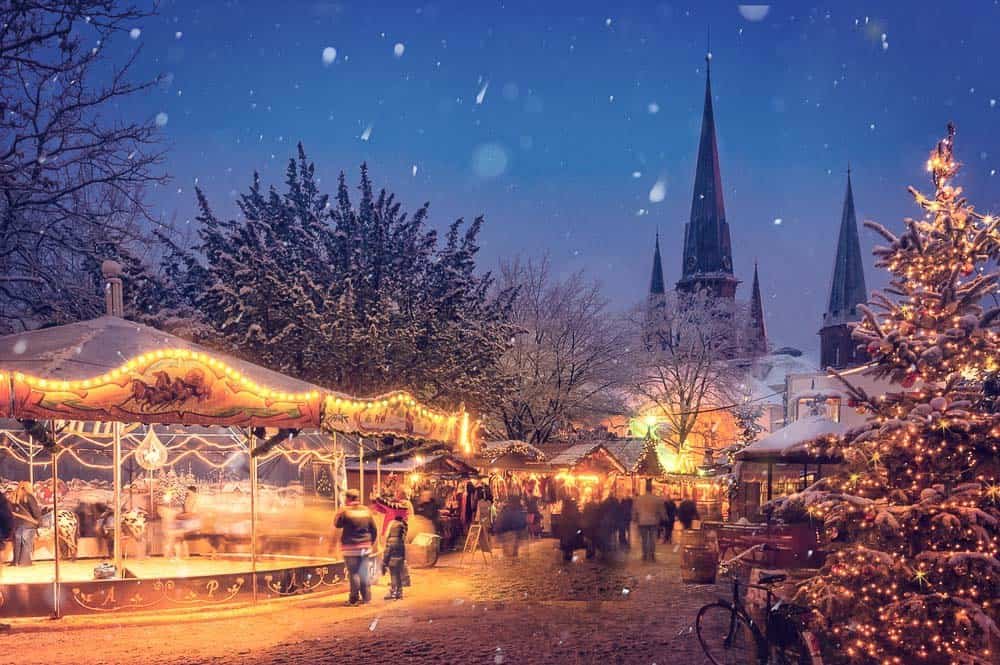According to the continent’s long-range weather forecaster, there is a greater-than-normal possibility that Europe will experience a cold snap before the end of the year, although the winter will likely be warmer than typical overall.
The winter’s temperatures will be important for both European authorities trying to prevent energy rationing owing to reductions in Russian gas supplies and households concerned about the record expense of heating their homes.
Carlo Buontempo, the head of the Copernicus Climate Change Service, which creates seasonal projections for the European Centre for Medium-Range Weather Forecasts, stated that they believe this winter would be warmer than typical (ECMWF).
“However, there is still a strong possibility of a block situation, which can result in chilly temperatures and little wind over Europe,” he told AFP as the service released its monthly forecast update.
Winter weather that is referred to as a block or blocking pattern can bring cold temperatures and calm, frequently windless weather.
Buontempo continued, “This was looking more plausible in November, but there now seems to be a considerable possibility of a cold outbreak in December.”
Using information from numerous national weather services across Europe, the ECMWF creates weather modeling.
The accuracy of its projections, which are dependent on variables like the ocean and atmospheric temperatures and wind speeds in the stratosphere, is lower than that of short-range reports.
According to Buontempo, the models offer the “greatest knowledge [that] can be used to hint at or direct our judgments.”
La Nina, a global weather phenomenon associated with dropping surface temperatures in the central and eastern equatorial Pacific Ocean, was predicted to result in a warmer-than-usual winter in Europe.
According to Buontempo, “we are aware that the later part of the European winter tends to favor westerly winds, so warm and wet.”
The organization will revise its winter season forecast the following month when it will be more confident since “all the winter drivers will be more active,” he said.
If temperatures remain close to or higher than the long-term average, independent energy experts anticipate that Europe will be able to endure Russia’s gas cuts this winter.
Consumers are being asked to cut back on their consumption because governments’ strategic gas stocks are almost exhausted.
Temperatures approximately 10% below average throughout the winter, according to the International Energy Agency, a Paris-based energy consultancy, would put stress on the European gas grid.
The “Achilles heel of European gas supply security,” according to the report, could be a late cold snap when gas reserves are predicted to be low.
